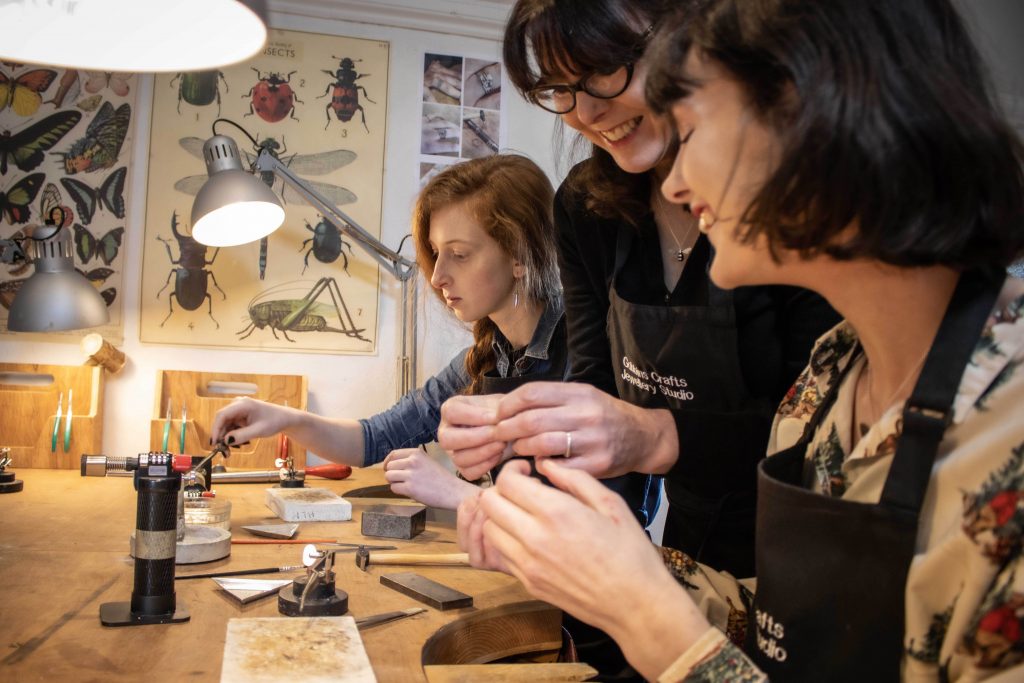A former nursing student with a cancer diagnosis has settled a disability discrimination case against Queen’s University Belfast for £25,000. The case was supported by the Equality Commission for Northern Ireland.
Natasha Bradshaw was diagnosed with cancer in 2019. The following year, she started an adult nursing degree at Queen’s University Belfast.
During her second year, Natasha had to withdraw from a hospital placement which was part of her course after two days. The work she was required to do on placement was unsuitable due to her disability and contrary to recommendations made by the university’s occupational health team.
It was three weeks before the university found another, suitable placement for Natasha. The delay meant Natasha would have to complete her placements without a sufficient break. It also meant she would have to complete back-to-back placements while preparing for and sitting exams in order to fulfil all elements of her course.
Natasha felt fulfilling her course in this manner would put considerable pressure on her and her health. She was advised that the schedule could not be adjusted to give her more time. She believes the university did not consider her disability when reaching this decision. Natasha then agreed to a temporary withdrawal from the course and eventually withdrew entirely due to her lack of confidence in the school to keep her safe while completing the degree.
Natasha said: “I’m really upset about my experience. I worked so hard and sacrificed so much in order to fulfil my dream of becoming a nurse. My cancer diagnosis has been tough, I did not want it to impact on my career. It should not have impacted my studies as much as it did at the time. I felt that I was expected to be treated the same as students who aren’t disabled. I believed it would have been impossible for me to complete my course in this way given my disability.
“I just needed a little understanding and support regarding my health and the life altering situation I was in. I felt I didn’t get any of that, leaving me without a course or degree and shattering my dream of becoming a nurse.”
Geraldine McGahey, Chief Commissioner, Equality Commission for Northern Ireland said: “In Northern Ireland, the law protects people with disabilities from discrimination in education. This means universities and other education providers must consider and implement reasonable adjustments to support disabled students where possible.
“They must ensure that their disabled students are not placed at a disadvantage compared to those who are not disabled. Unfortunately, in Natasha’s case, she believed she did not receive the support she needed due to her disability and as a result she felt unable to finish her degree and qualify as a nurse’, concluded Ms McGahey.
In settling the case, the university affirmed its commitment to the principle of equality of opportunity. It is working with the Equality Commission to review its equal opportunities policies, practices, and procedures and ensure they are effective and follow the requirements of equality law.
As part of the settlement terms the university acknowledged that it wished to resolve the case to assist in alleviating any stress or anxiety Natasha would experience arising from the ongoing proceedings. The case was settled without admission of liability.





